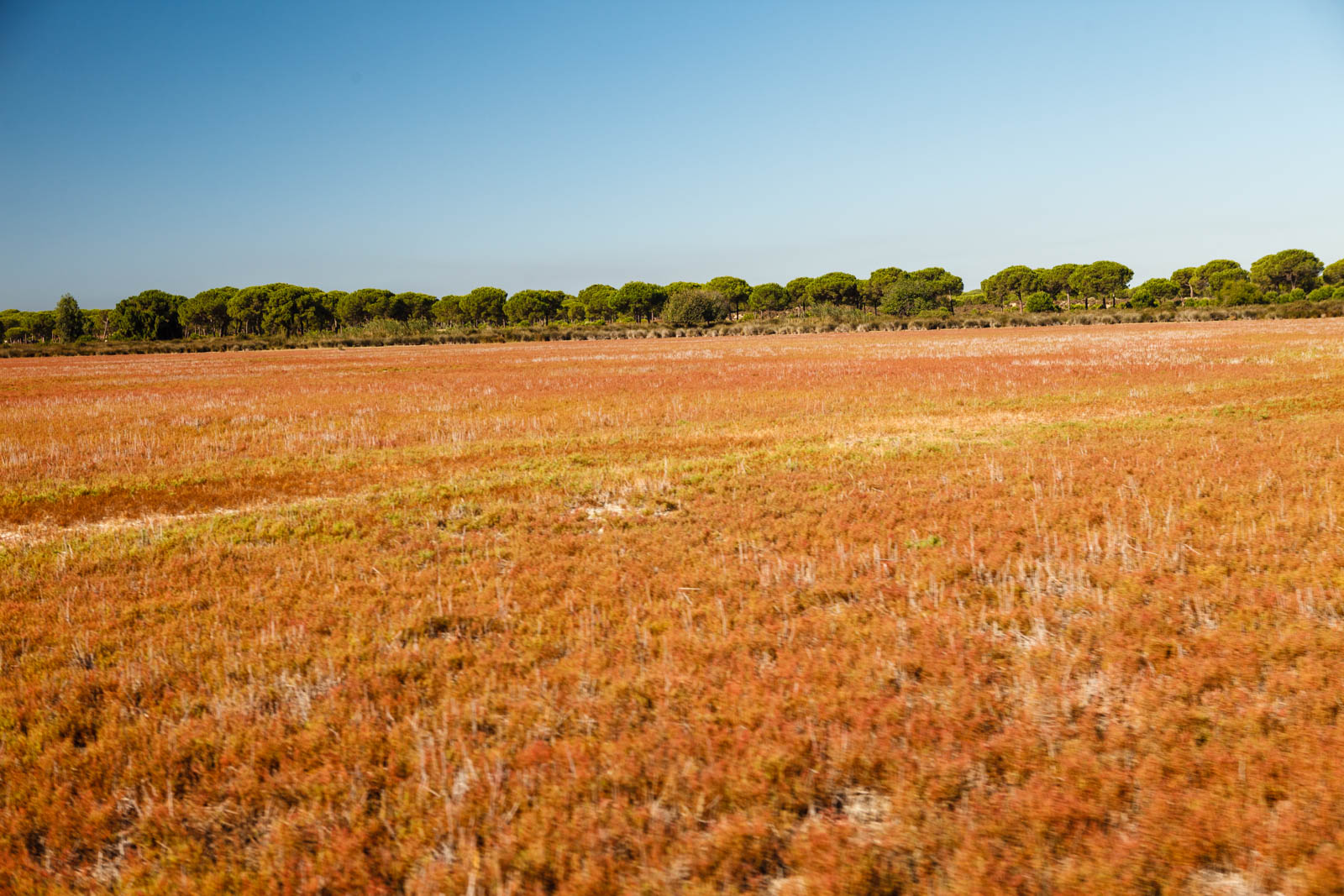Nature in the province of Huelva is amazing, and that is why a third of the territory is protected.
With such a diversity of landscapes, it is clear that there are many sustainable plans to do in Huelva. In this article, we will take you through some of the most interesting ones, so that you can discover them on foot or by bicycle.
Doñana National Park
Considered one of the most important natural environments in the world, this National Park, with more than 100,000 hectares of protected land, is a true sanctuary for migratory birds.
To visit Doñana is to enter its marshes to observe, from a distance and without disturbing, the thousands of birds that take a break on their way to recover their strength.
Flamingos, herons, cormorants, bee-eaters, and up to 50 different species of birds live in this territory.
In addition to the birds, we must not forget the emblem of Doñana, the Iberian lynx, an animal that is almost impossible to see, but which is increasing in number thanks to repopulation efforts.
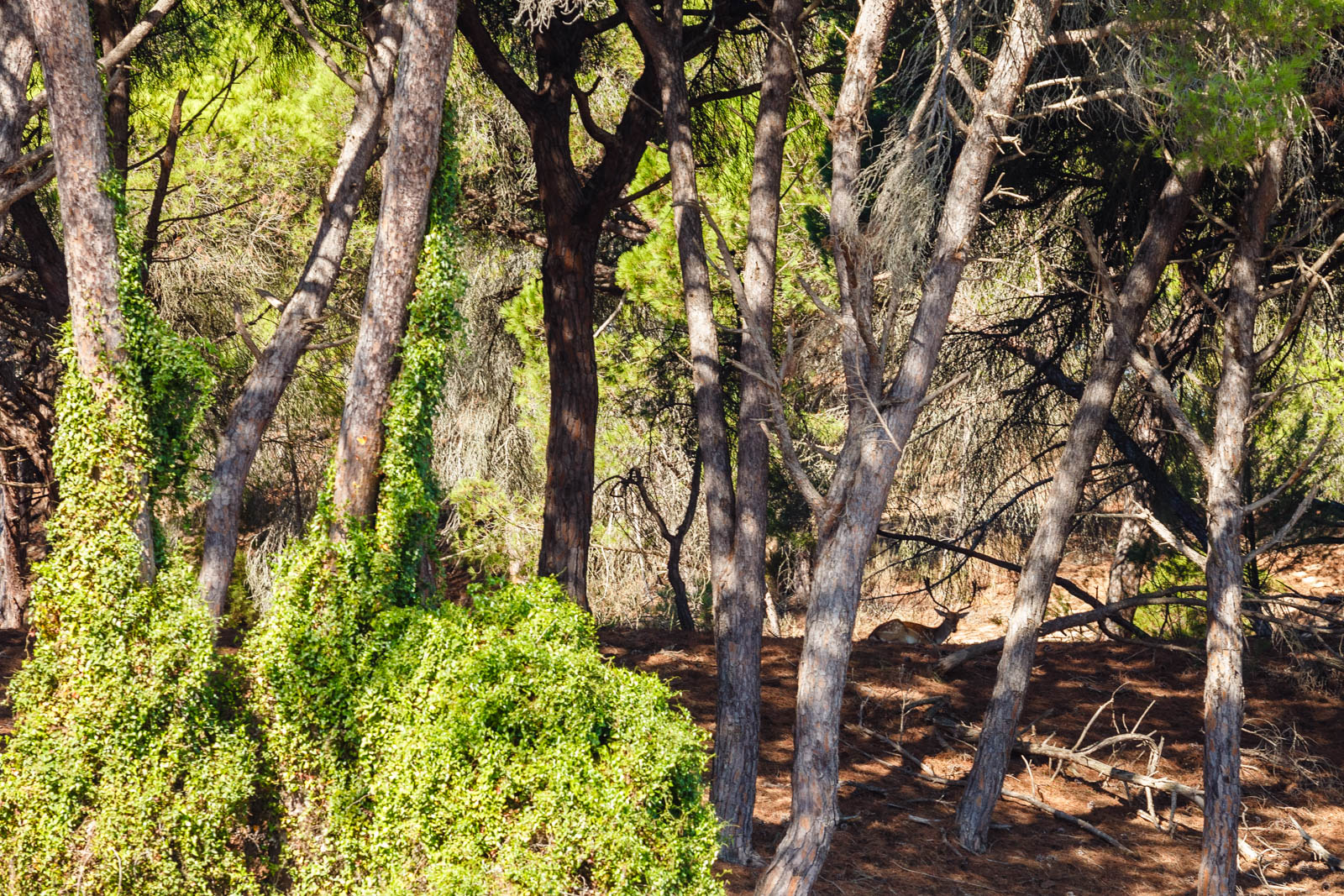
On a visit to Doñana you can't miss the visitor centre of El Acebuche, as in this area there are several trails to observe the marshes; make a stop in the charming village of El Rocío; and go into the depths of the park aboard the huge off-road vehicles that make guided tours, the only way to get to know the most protected environment.
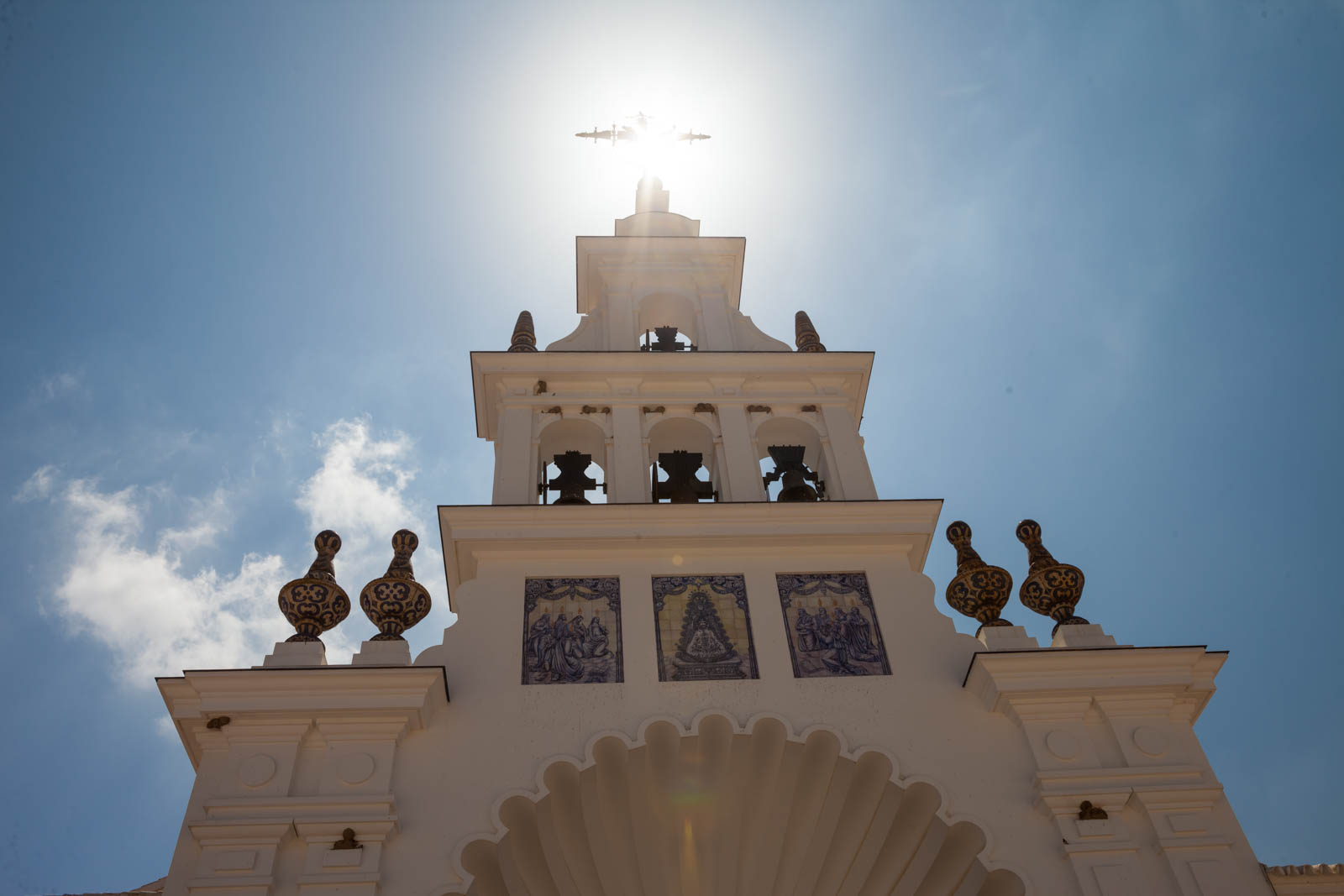
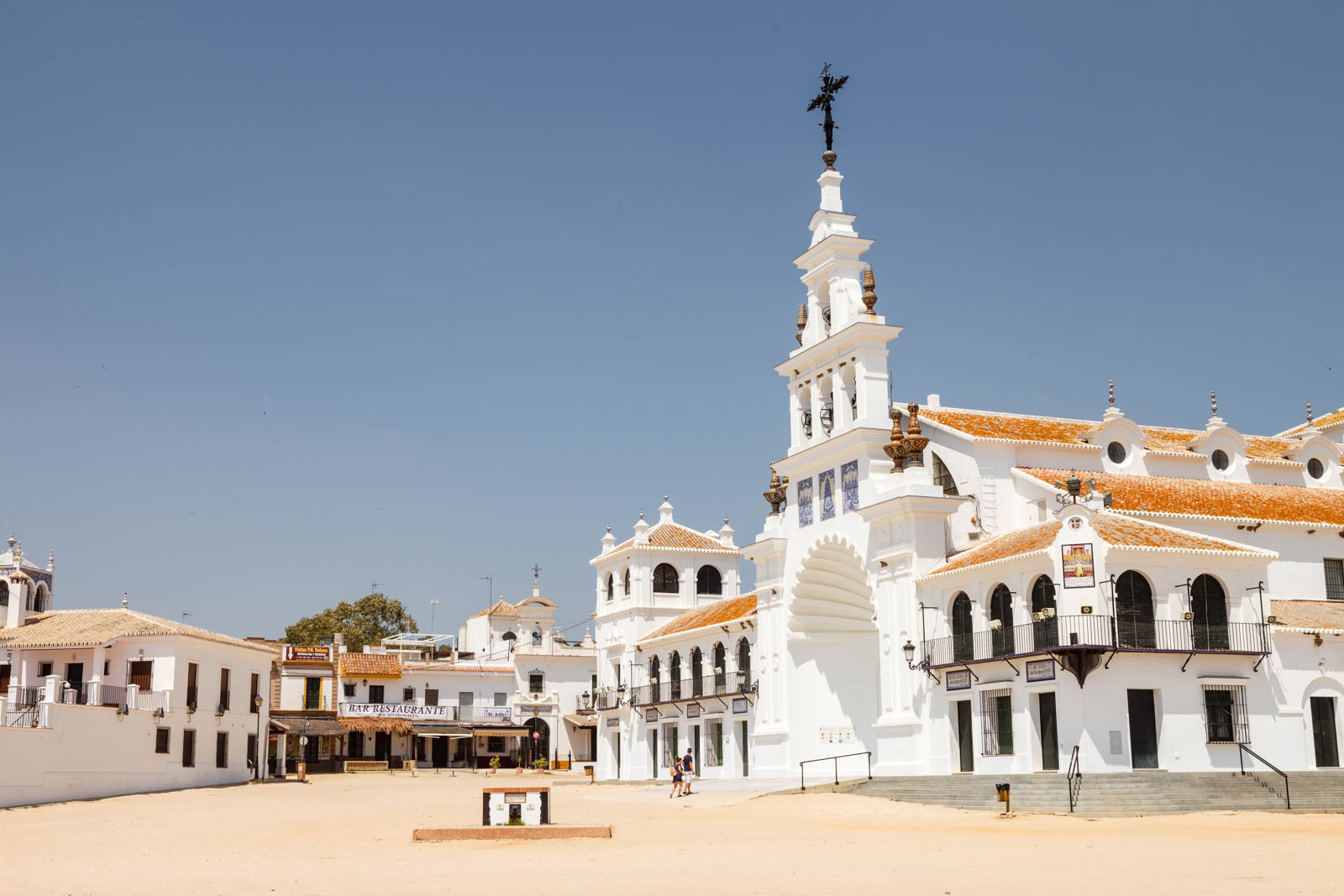
Cristina's island and El Rompido
With 122 kilometres of almost continuous beaches of fine golden sand, Huelva is a paradise for those who like to enjoy the sun, sea sports and the tranquillity of the coast.
If you like long beaches with nothing in between, then you have the entire coastline of the Doñana National Park, from the mouth of the Guadalquivir River to Mazagón, interrupted only by the village of Matalascañas, the only inhabited area on the entire coastline of the National Park.
If you want a bit more activity, to enjoy maritime activities such as sailing, kayaking or paddle surfing, then the area of El Rompido, with the coastal strip of Nueva Umbría, will delight you.
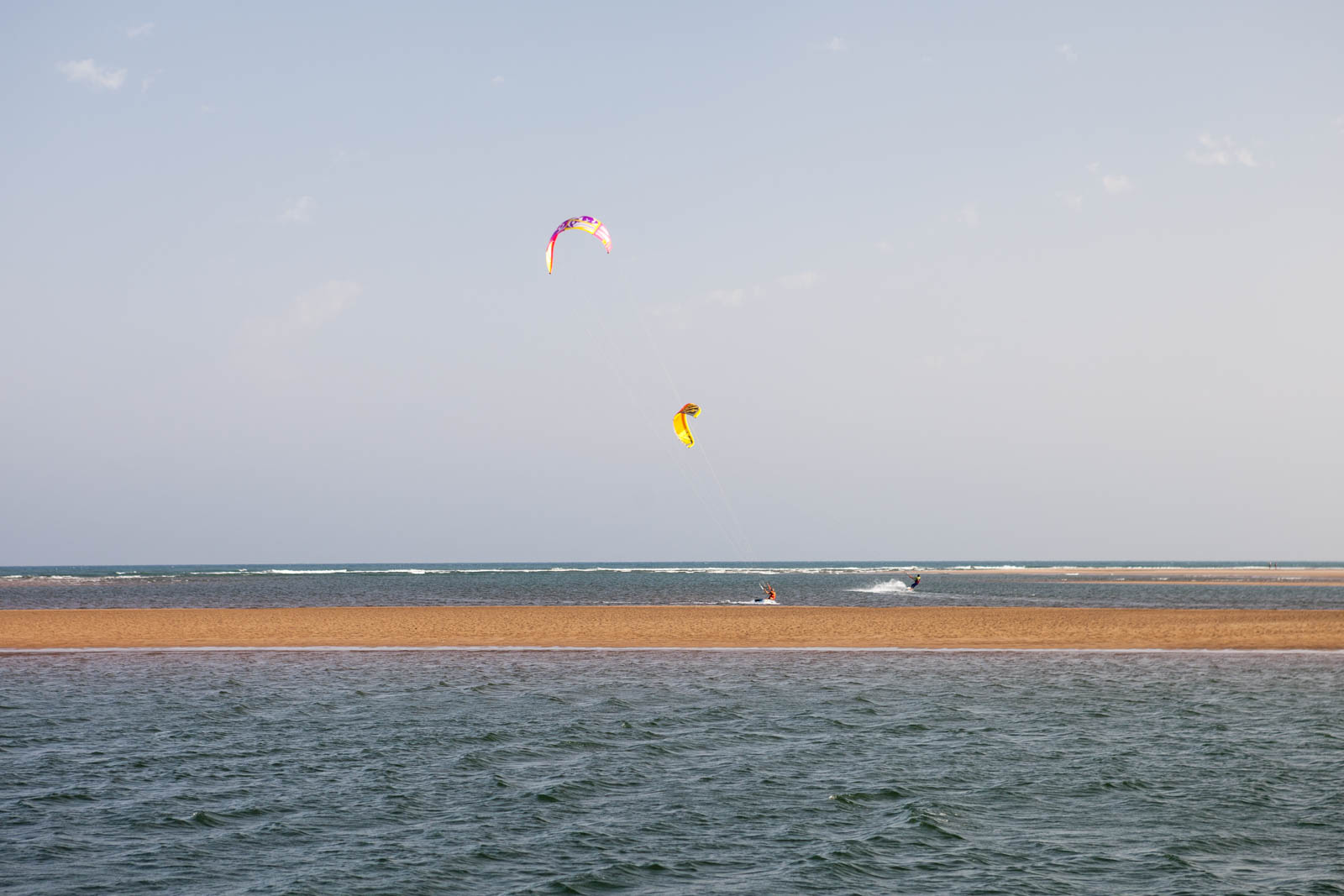
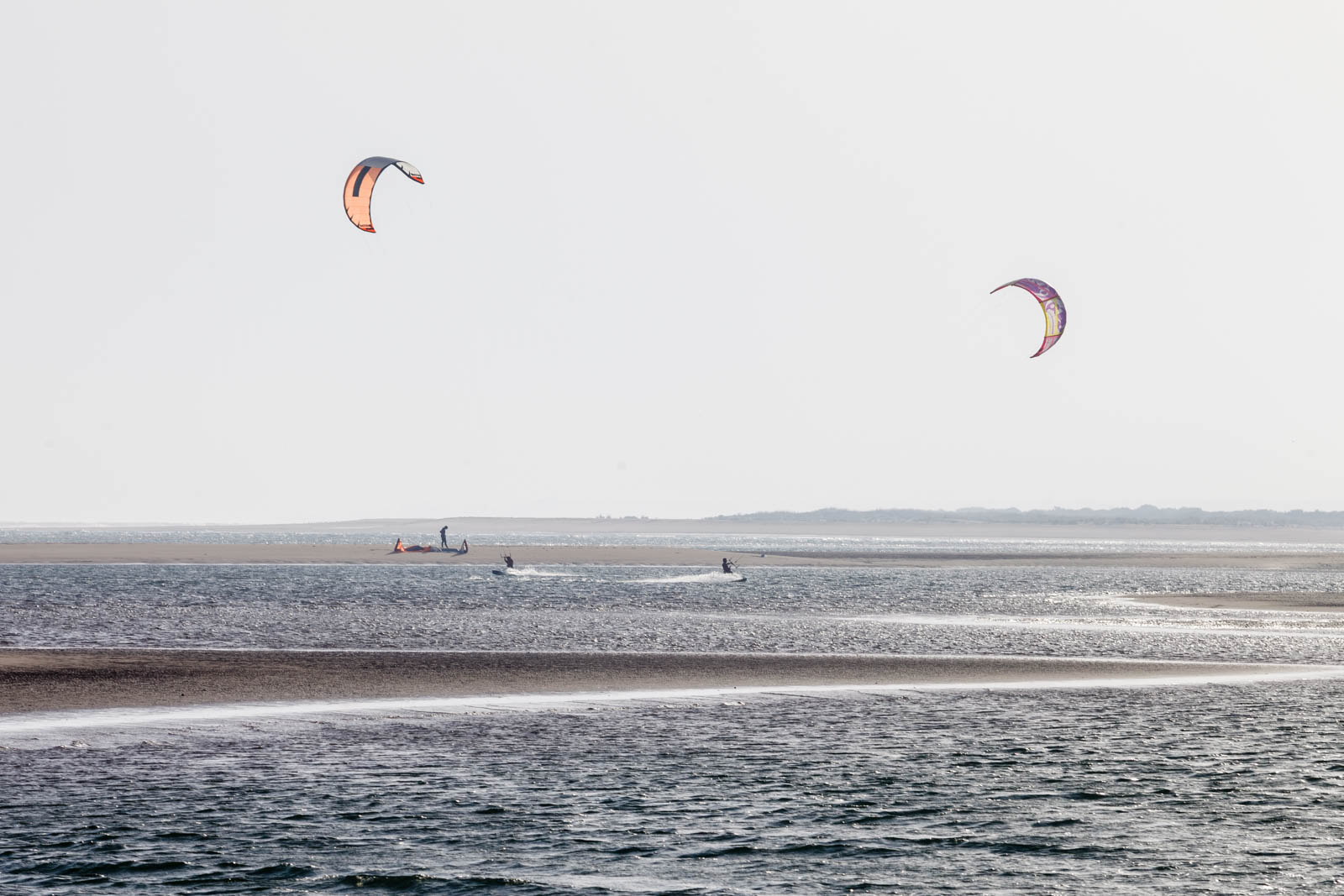
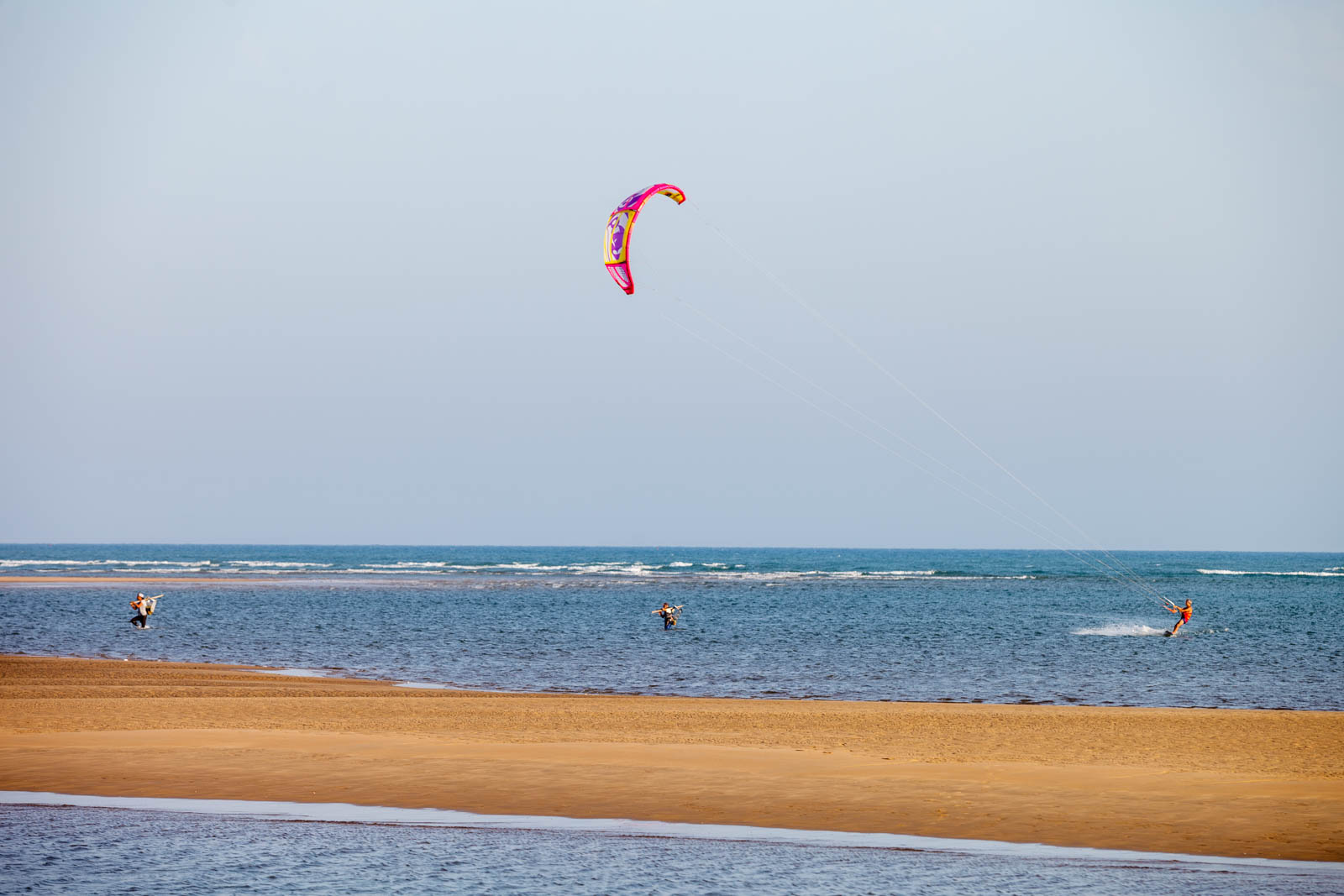
And for family trips, Isla Cristina is always a sure hit, one of the slow travel areas where you can enjoy the sea, the good weather and the good Andalusian life surrounded by nature.
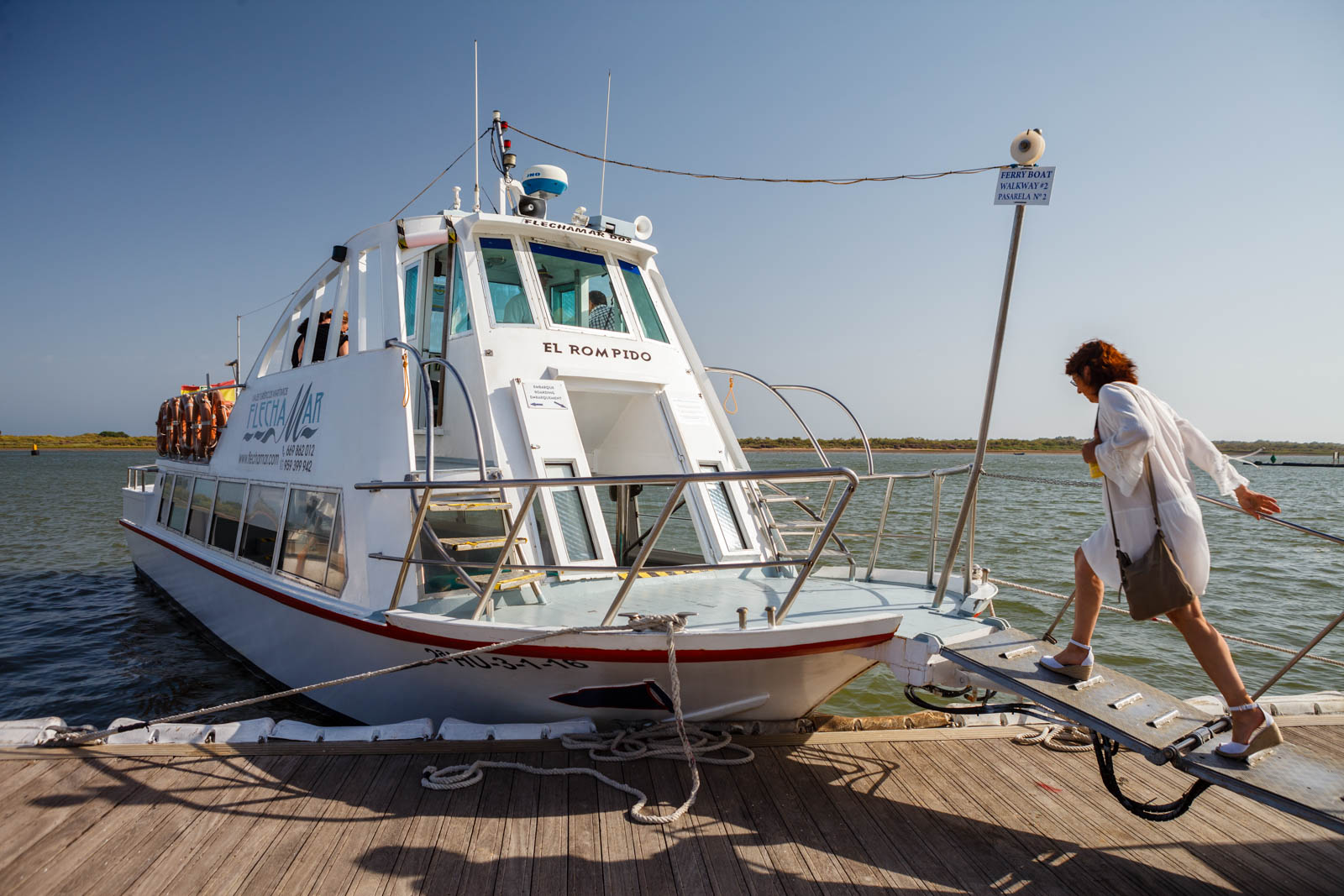
City of Huelva
A walk through Huelva allows you to get to know two very important facets of the autonomous community: the history of Columbus and the history of mining.
Both have influenced the way Huelva has developed, so a walk or a guided tour of the city brings you closer to these historical periods.
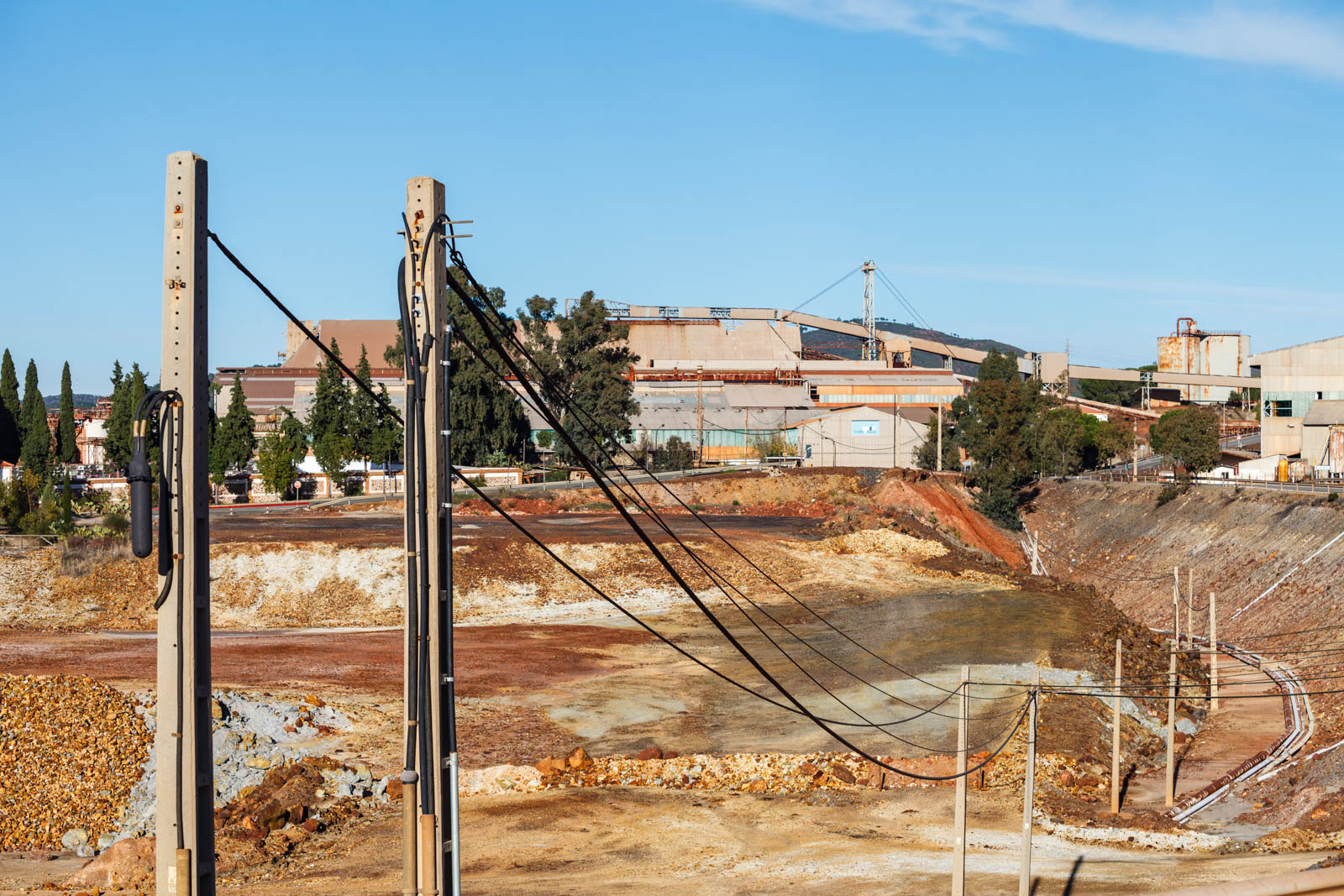
Among the most important places in the city are the Muelle del Tinto, where the material coming from the Rio Tinto mines was loaded; the centre of Huelva, with places like the Plaza de las Monjas and the town hall, where you will find some sculptures in homage to Christopher Columbus; and the Cathedral of Nuestra Señora de la Merced, a pink temple on the outside and pristine white on the inside.
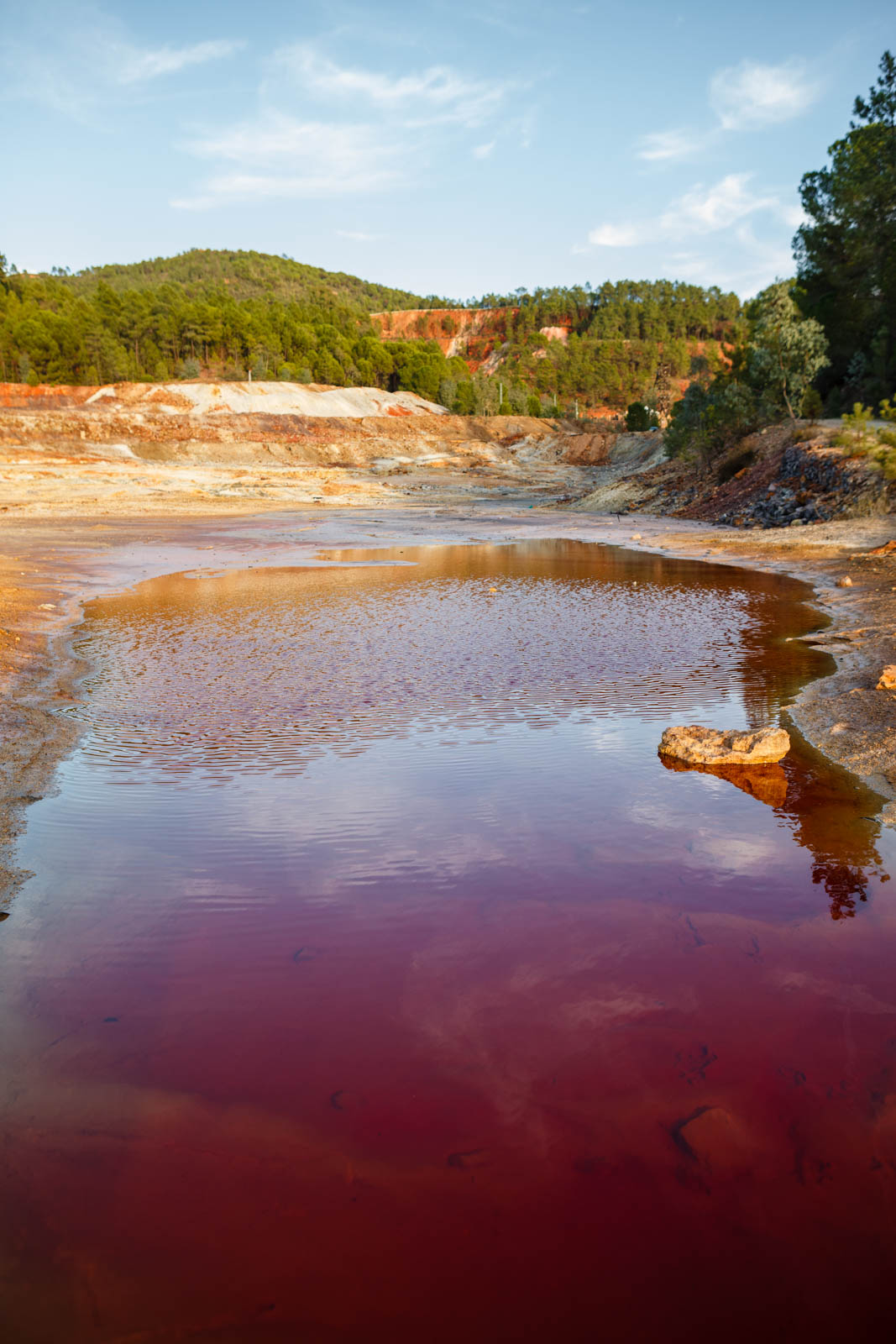
One way to visit the city is by bicycle, as there are public bicycles in Huelva that anyone can use to get around.
Muelle de las Carabelas (Caravel Wharf)
Just a few kilometres from the city of Huelva is the Muelle de las Carabelas, the place from which Christopher Columbus set out on his voyage in search of the Indies in 1492.
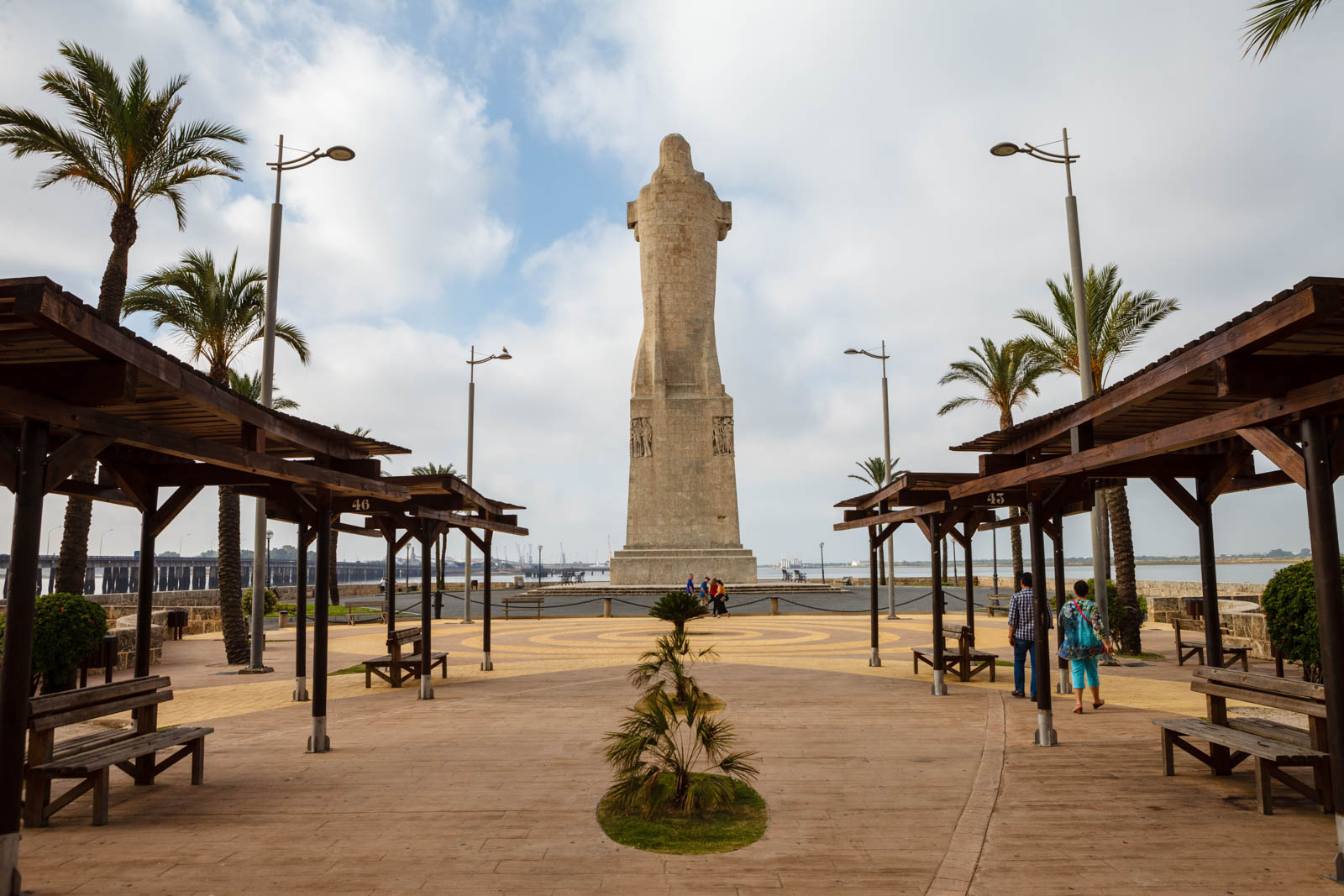
This quay is home to replicas of the three discovery ships, the caravels Pinta and Niña and the nao Santa María. It is surprising how small these ships are, especially for such a long voyage, and that they are made entirely of wood following the construction techniques of the time.
Next to the port is the Monastery of La Rábida, where Christopher Columbus spent his last hours before the voyage, and which today houses a small museum about the adventure and the repercussions of the great discovery.
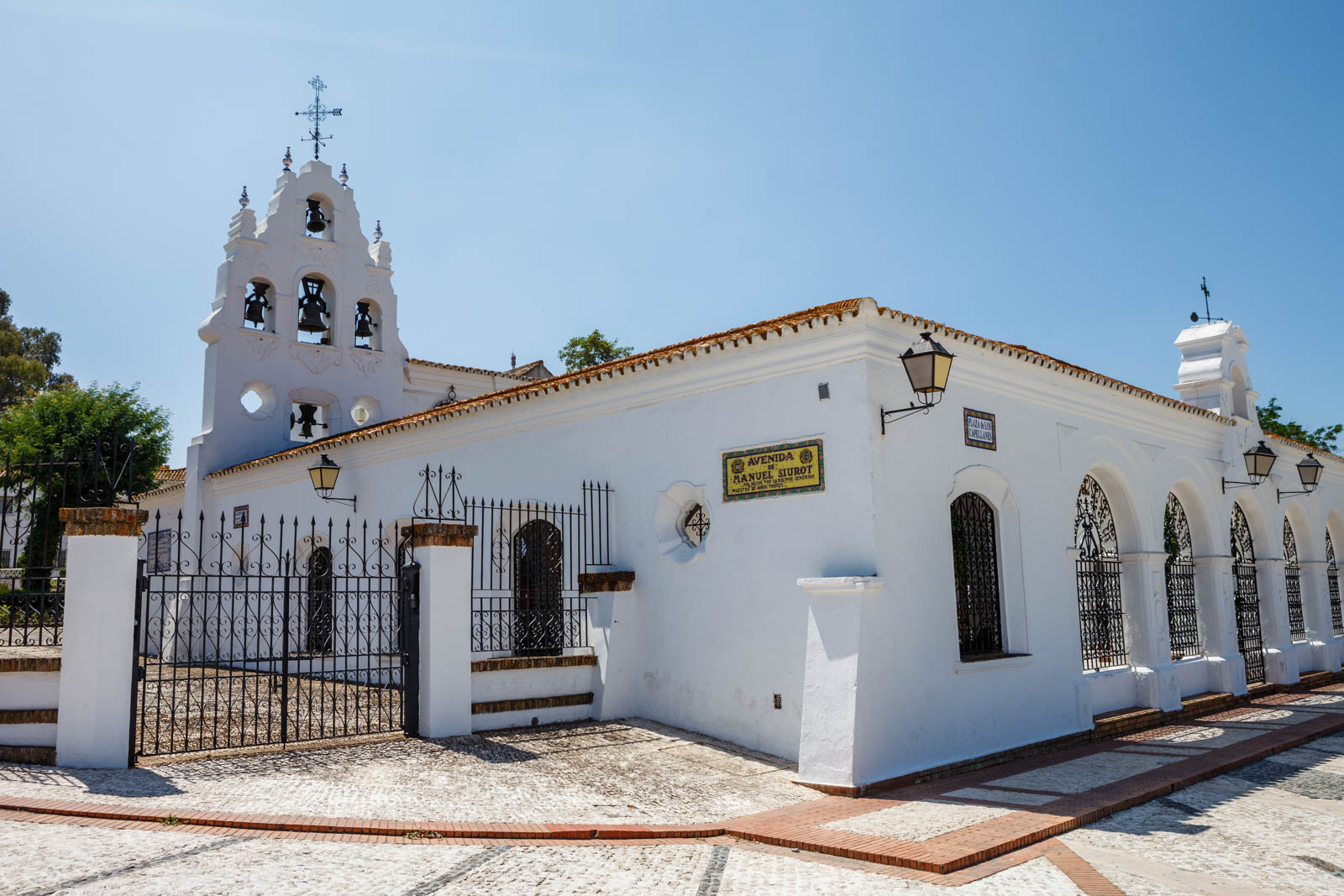
Riotinto Mines
Many say that Riotinto is like travelling to Mars on Earth, both because of the red-tinged landscape and the extreme living conditions of this river full of chemical elements. Even so, a very interesting type of bacteria for science thrive here.
The Riotinto Mining Park is a pioneer in Spain, showing the public the effects of open-cast mining on the landscape.
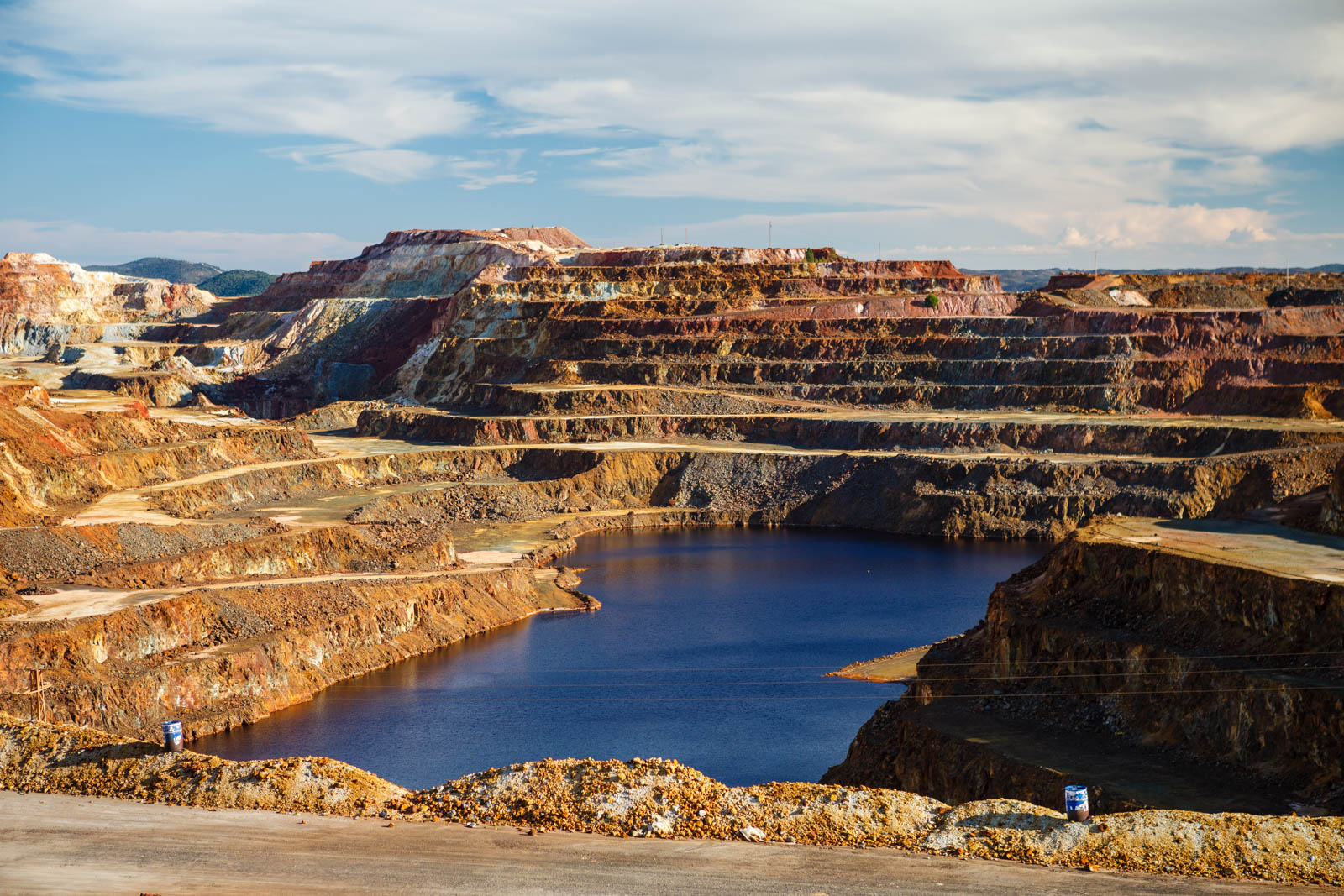
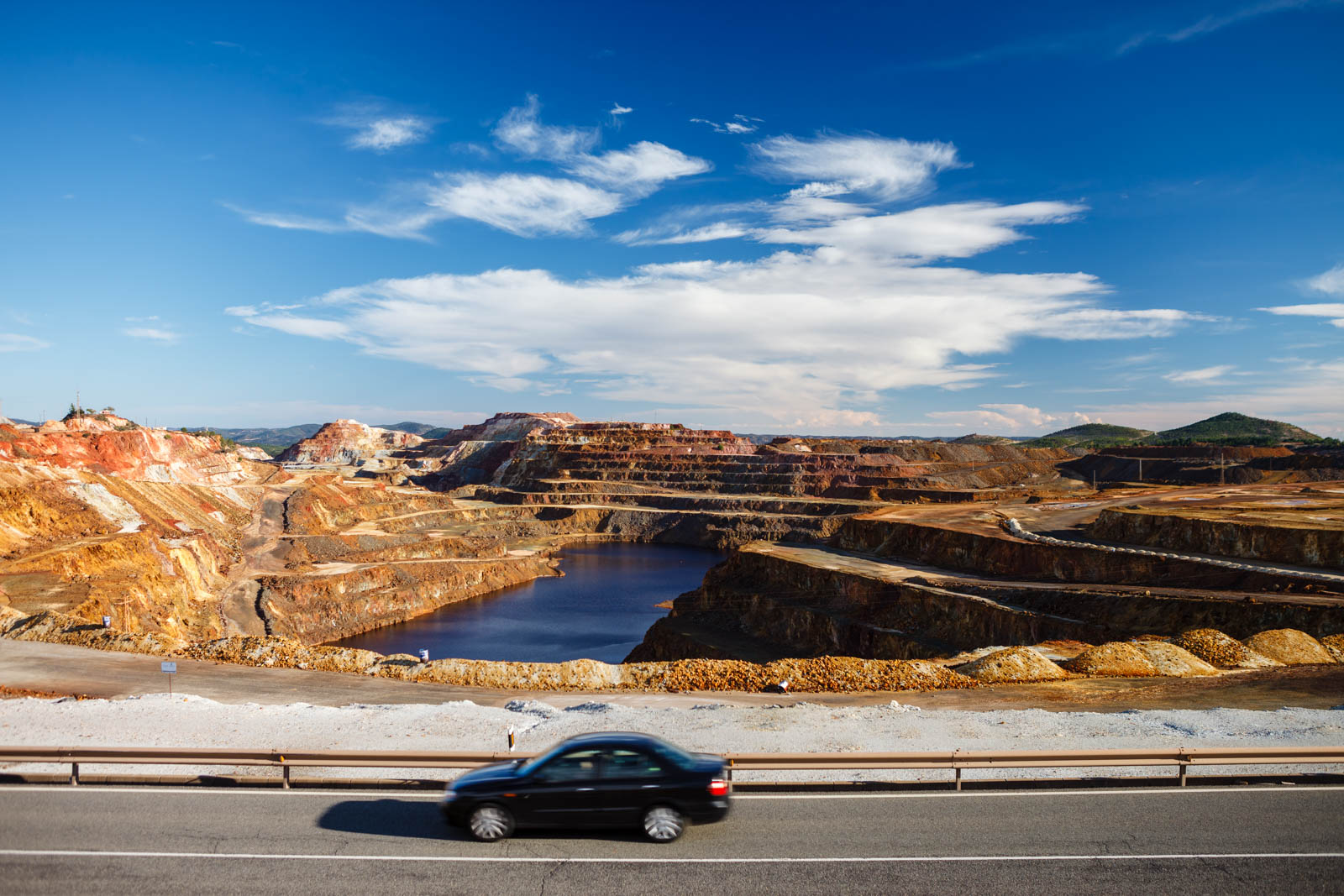
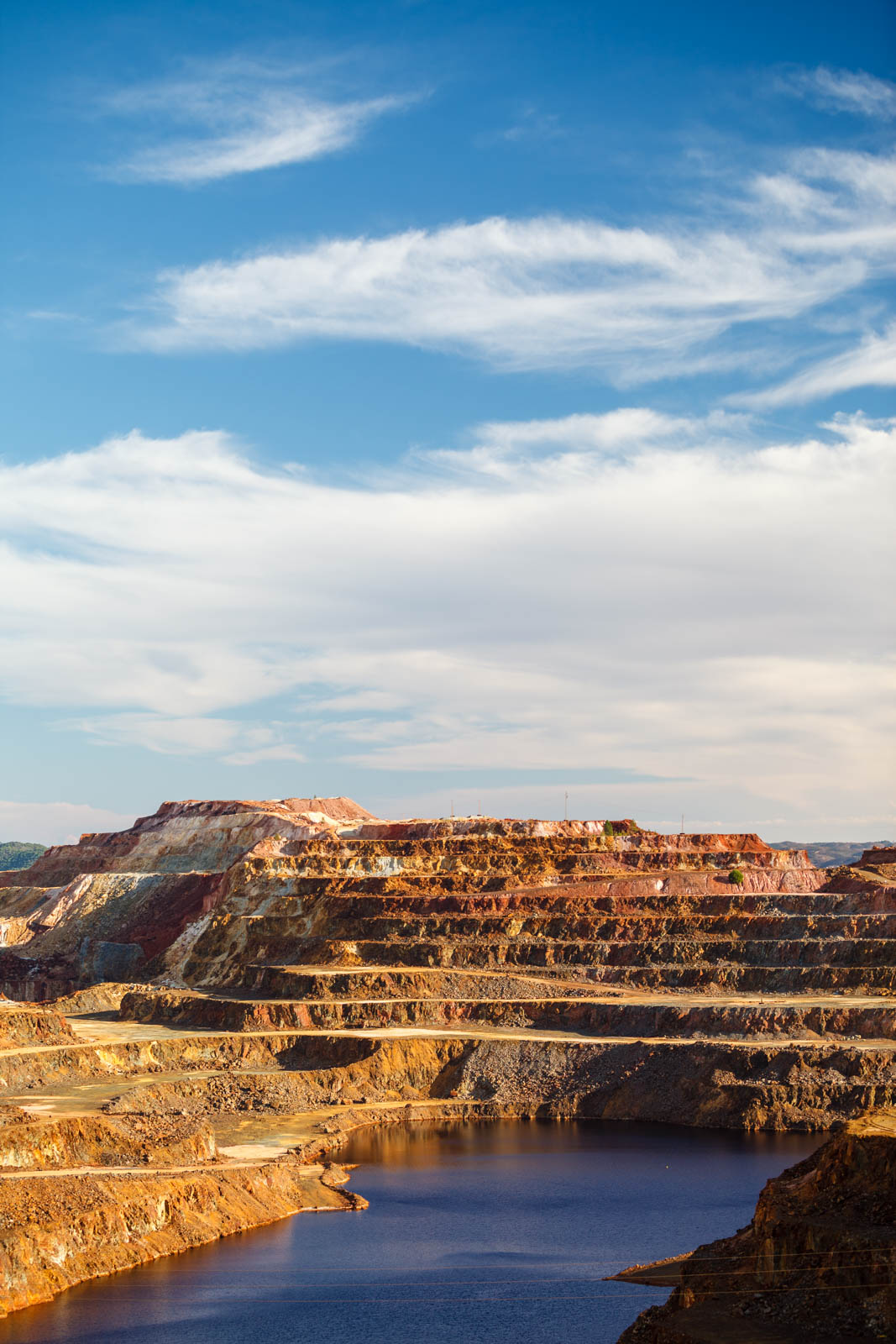
Places such as Corta Atalaya, the impressive open-cast mine, one of the largest in the world; the Mining Museum, where you can learn about the harsh conditions of mining in the early 20th century; the pleasant ride on the reconstructed mining tourist railway, with which you can visit the most remarkable places; and even a visit to the English quarter of Bellavista, an authentic British village created in the Huelva countryside.
As a curiosity, it was here that football began to be played in Spain, as the English miners brought the sport and it was very popular among the locals. The first sports club in the country was the Huelva Recreation Club, created in 1889.
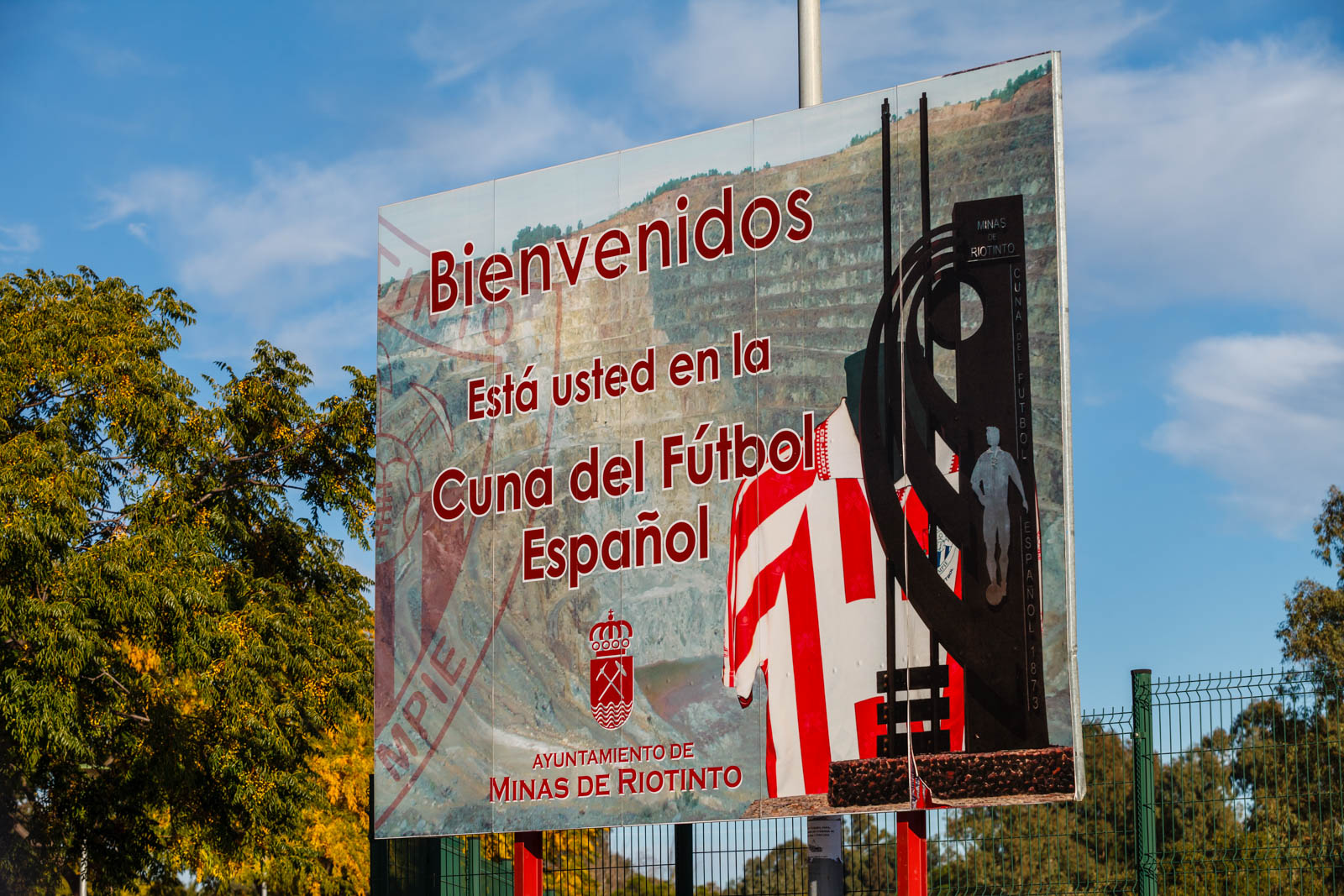
Sierra de Aracena Natural Park
The second largest protected area in Huelva is the Natural Park of the Sierra de Aracena, a unique environment both for its landscape and its rich gastronomy, besides being endorsed by Biosphere as a sustainable area.
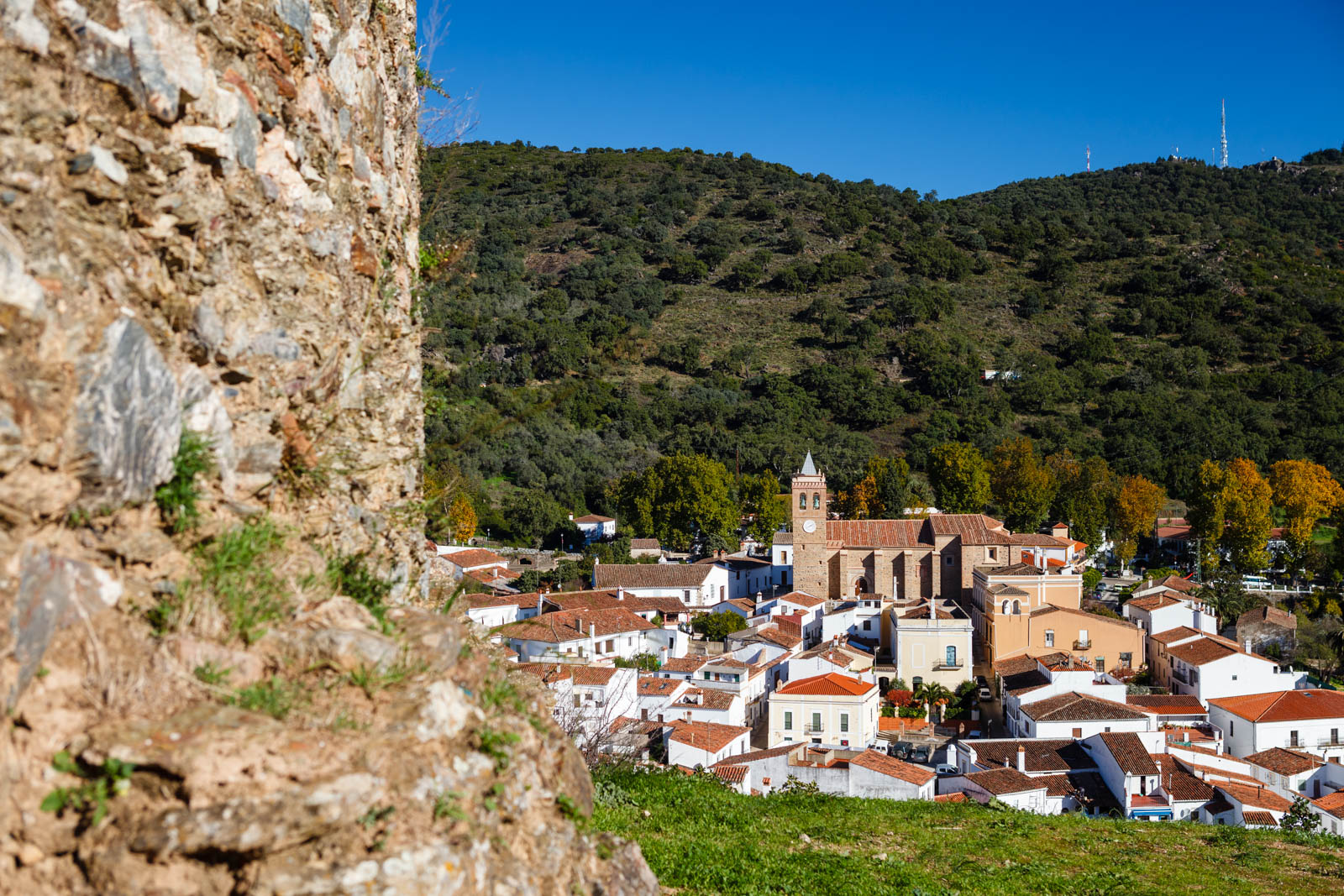
In this other article you can learn more about this place so attractive for sustainable tourism, as it has multiple hiking trails, cycling routes and even the Starlight route to see stars.
This route focused on astro-tourism was inaugurated in 2022 in the town of Higuera de la Sierra, enabling different places to see the stars in the circular path that runs through the Sierra de Santa Barbara. The Starlight distinction ensures that more than 60% of the nights are clear and that there is no light pollution, which allows the sky to be darker and the stars to be seen even brighter.
Cycle touring routes
The bicycle is the most sustainable means of transportation that exists. In addition, it allows you to cover much more distance than if you were walking, reaching places farther away from urban centers.
In the province of Huelva there are many cycling routes to enjoy the two wheels while you get into the landscape of pasture and forest so characteristic of the province and you can even go through the mines of Riotinto and the Sierra de Aracena by bike.
There are routes of all levels and distances, so look for those that suit what you are looking for, and you will surely find several routes to your liking.
One of the best areas to explore by bike is the Guadiana riverbank, on the border with Portugal. It is the most unknown area of Huelva, where you will find the characteristic dehesa landscape dotted with beautiful white villages.
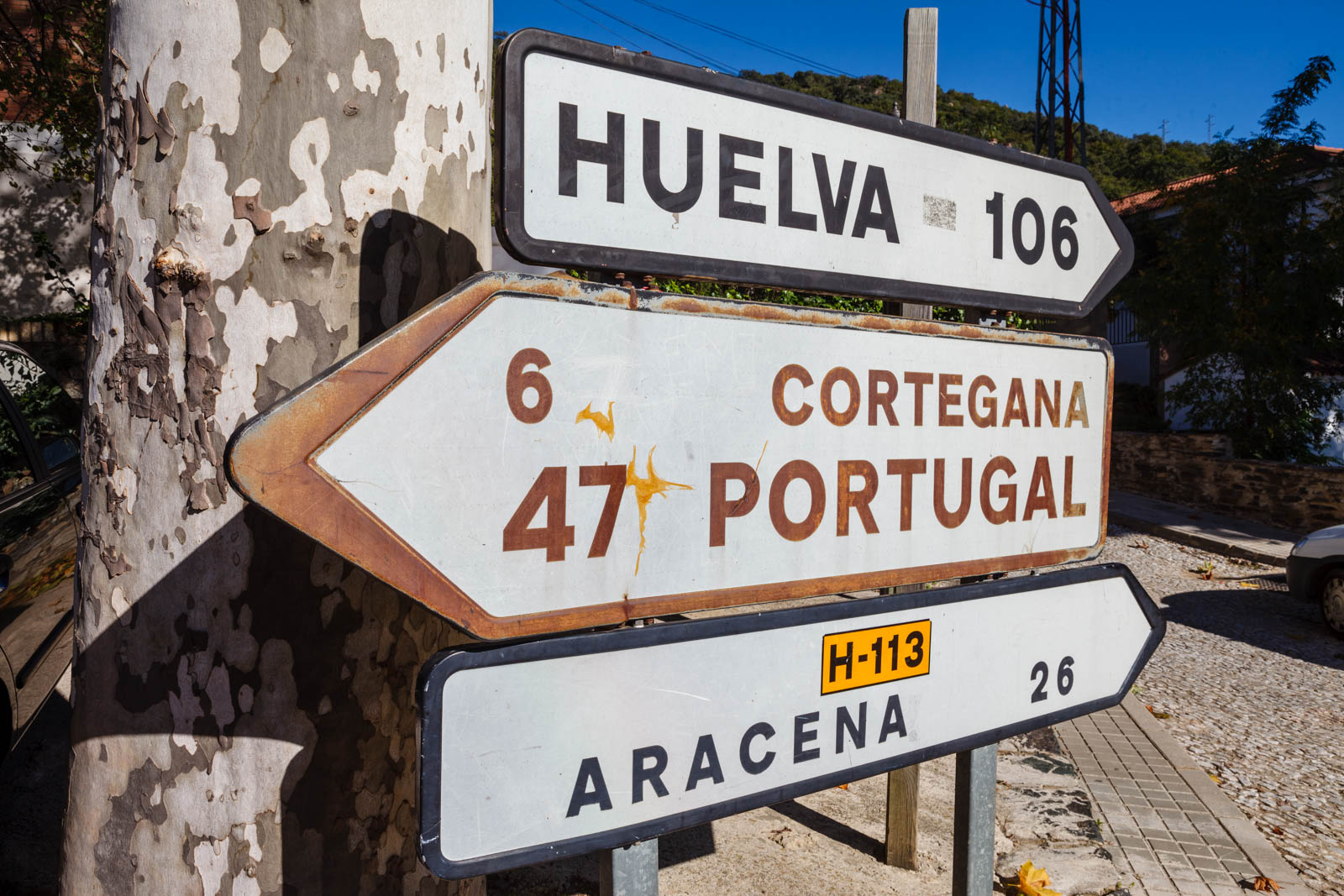
These are some of the most sustainable things to do in Huelva. Of course, there are many more, you will find them in our blog and in our list of Biosphere certified entities.


